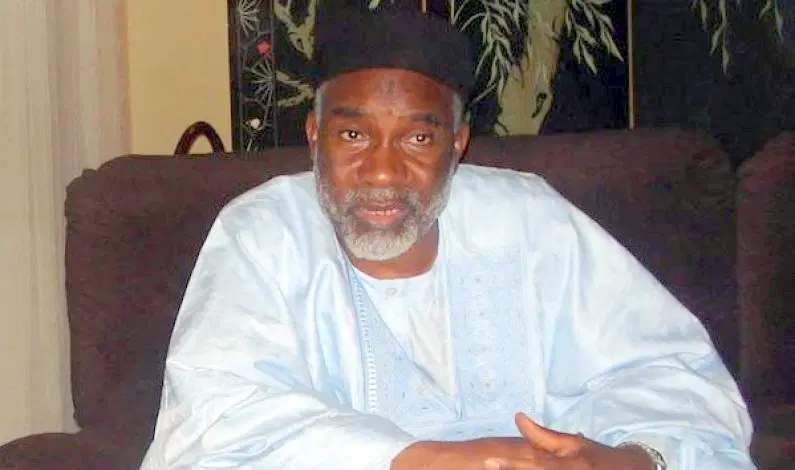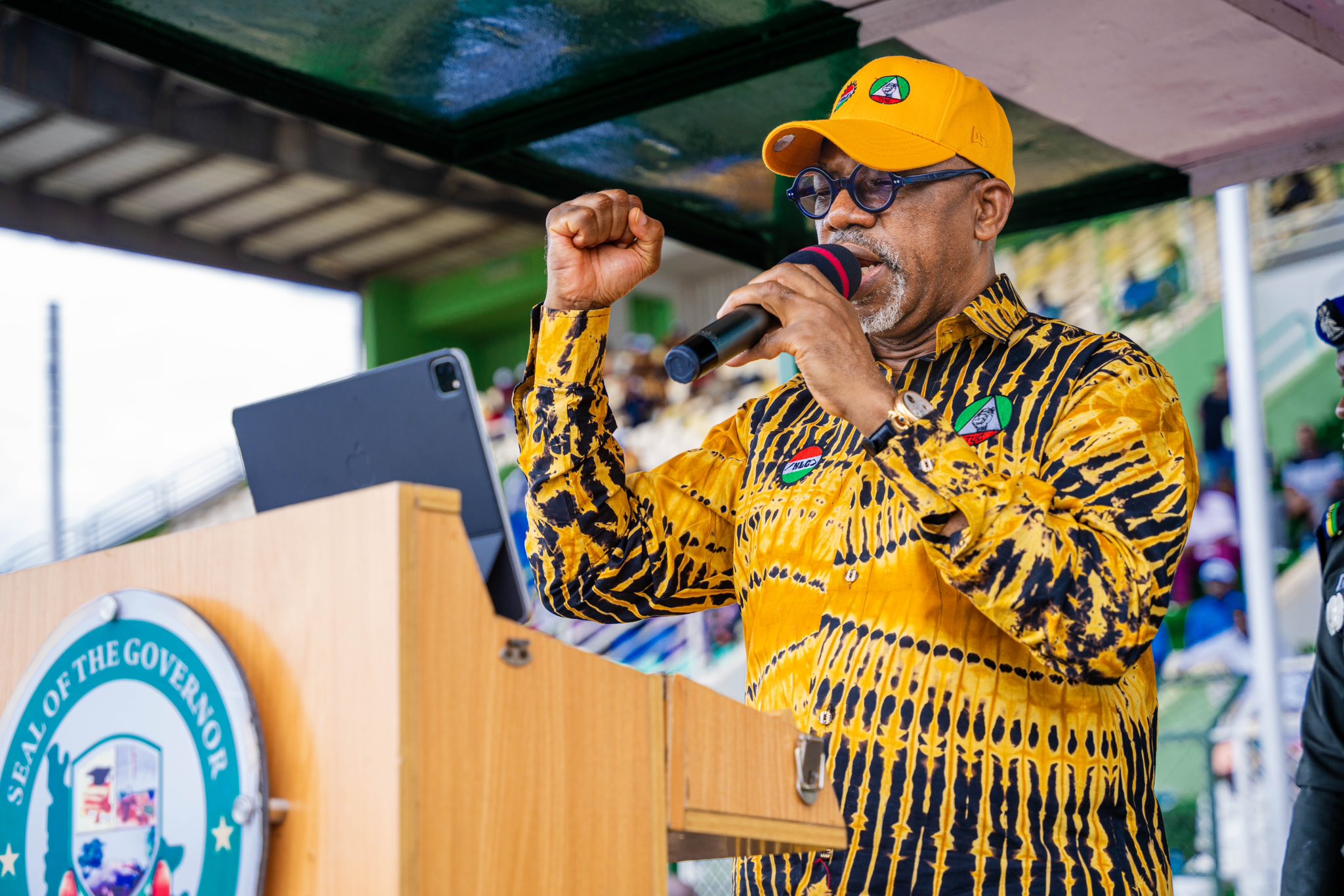In a surprising twist to one of Nigeria’s longest-running corruption trials, the Federal High Court in Abuja has temporarily halted further proceedings in the ₦29 billion money laundering case against former Adamawa State Governor, Admiral Murtala Nyako (rtd), following his move to strike a plea bargain deal with the Economic and Financial Crimes Commission (EFCC).
Presiding judge, Justice Peter Lifu, issued the suspension on Friday after both the defence and prosecution confirmed that talks were underway to settle the matter out of court. The case, originally filed in 2015, accuses Nyako, his son Senator Abdulaziz Nyako, and two others—Zulkifikk Abba and Abubakar Aliyu—of siphoning billions from Adamawa State coffers between 2011 and 2014.
According to the EFCC, the funds were laundered through five companies allegedly linked to the defendants: Blue Opal Limited, Sebore Farms & Extension Ltd, Pagoda Fortunes Ltd, Tower Assets Management Ltd, and Crust Energy Ltd. Investigators say the laundered cash was used to acquire luxury properties in Abuja and funneled through bank accounts controlled by the accused.
Startlingly, the EFCC also revealed that two of its key witnesses—Zenith Bank manager Ma’aji Iro and another investigator, Abdulmalik Dalhatu—died under mysterious circumstances shortly after providing damning testimony against the ex-governor.
Despite pleading not guilty to the 37-count charge, Nyako and his co-defendants have now opened negotiations with the anti-graft agency. EFCC lead counsel, Rotimi Jacobs, SAN, told the court that a final agreement may be ready by the next hearing. Nyako’s lawyer, Chief Michael Aondoaka, SAN, confirmed that the discussions were “at an advanced stage” and expressed optimism about a peaceful resolution.
Justice Lifu adjourned the case to July 18 for a report on the plea deal progress.
This development follows a 2022 ruling by the Court of Appeal, which upheld the trial court’s decision that Nyako and his son had a case to answer. The appellate court dismissed their no-case submission and directed them to open their defence.
As the possibility of a plea bargain looms, critics are already raising concerns that powerful figures may once again escape full accountability in one of Nigeria’s most high-profile corruption cases.




